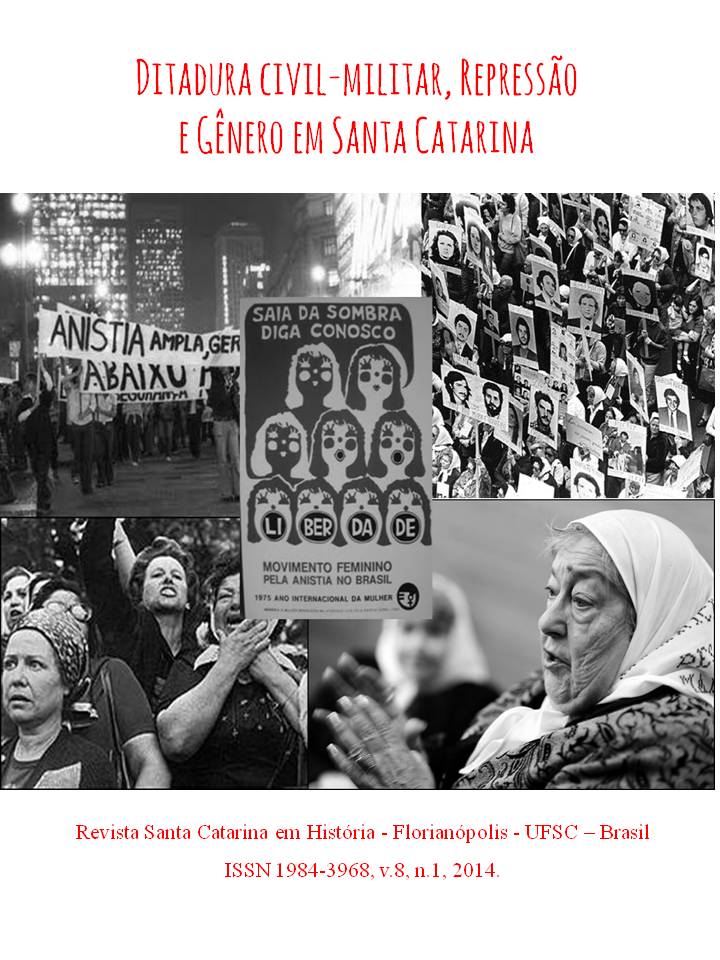Militância clandestina e relações de gênero
Palavras-chave:
Ditadura, Clandestinidade, GêneroResumo
Durante a Ditadura Civil-Militar Brasileira (1964-1985) muitas militantes de esquerda se viram diante da necessidade de viverem clandestinamente. Enquanto algumas mulheres utilizaram a clandestinidade para se infiltrarem em meio à classe proletária podendo difundir suas idéias revolucionárias, outras viveram como clandestinas para escapar das prisões, torturas e assassinatos ocorridos durante o período, momento que trouxe forte repressão para todo o solo nacional. Este artigo pretende apresentar uma discussão sobre a narrativa de militantes que viveram na clandestinidade, apresentando experiências da vida clandestina e focalizando, principalmente, como as relações de gênero estavam inseridas na vida clandestina. Através de estudo comparativo destas narrativas, pretende-se observar se houve mudança ou manutenção, reforço ou relaxamento das diferenças de gênero no período de vida clandestina. Como metodologia, pretendo focar nas discussões sobre memória e História Oral. Entre as fontes utilizadas, está presente a autobiografia escrita por Derlei Catarina de Luca, na qual ela relata parte de sua trajetória como militante da Ação Popular destacando o período em que viveu clandestinamente.Downloads
Publicado
2014-08-21
Edição
Seção
Estudos


